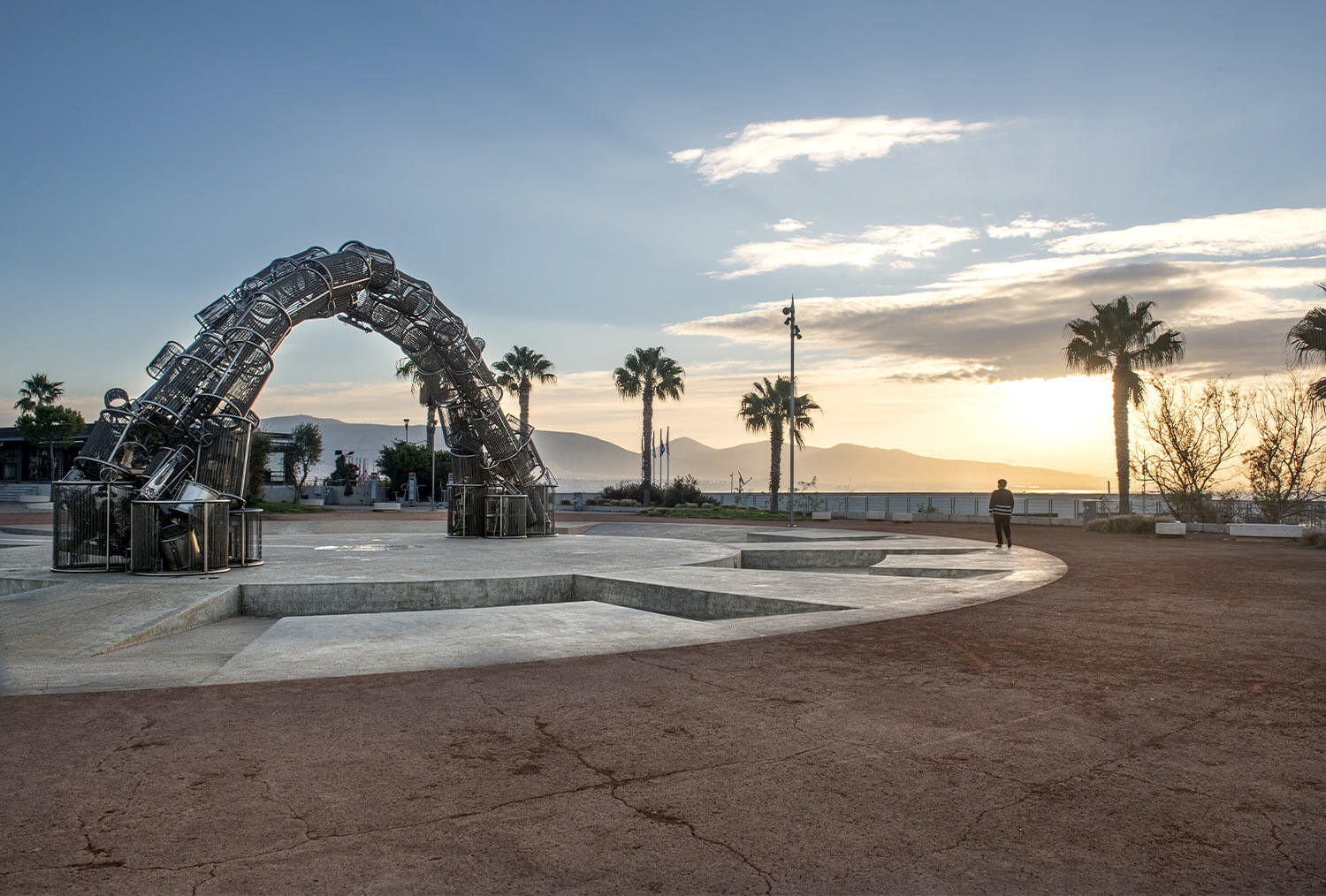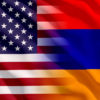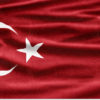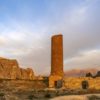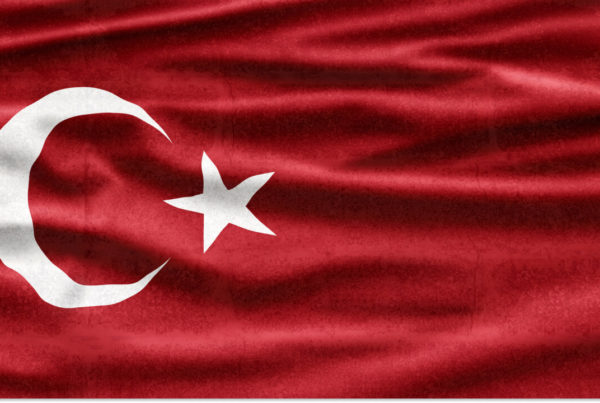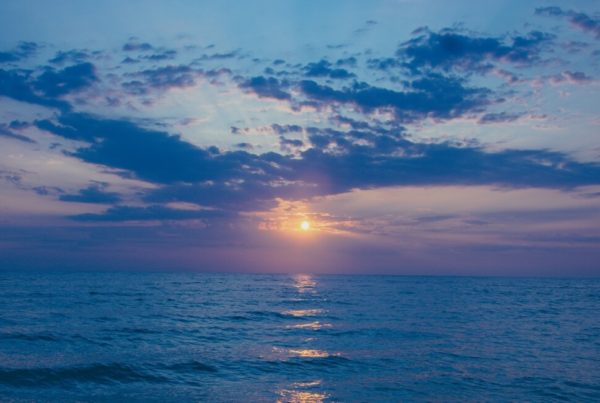Coming to terms with one’s denial is usually the hardest step when someone is facing reconciliation. Whether a child owns up to cheating in a school yard game or a person with substance abuse issues admits their addiction to those closest to them; elementary steps must be taken if true reconciliation is to be achieved. However, if these steps are not taken, no meaningful reconciliation can be met. Instead, problems usually fester, persist and become a permanent characteristic within the individual. Most of these individuals in denial use lies and deceive those closest to them while simultaneously painting themselves as a victim when questioned. If this type of denial runs rampant, all that is left are troublesome deeds that swept under the rug, left to be untouched and hidden in plain sight. This type of behaviour is a defining characteristic of the Turkish government, who have actively denied any genocide on the Armenian, Assyrian, and Greek peoples. Like the lying child, Turkey has refused to take any responsibility for their previous actions, and like the substance abuser, they refuse to acknowledge their addiction to the drug of ultra-nationalism and have instead used it as a means to play the victim. What is most troublesome about Turkey’s denial is that it insidiously continues the atrocities that fell upon the Armenians, Assyrians, and Greeks decades ago. By not accepting responsibility, Turkey is actively participating in the very genocide their ancestors orchestrated. A continued genocide of culture, recognition and remembering is all that the Armenians, Assyrians, and Greeks are left with. Denial comes at a cost, and it is usually those who have suffered that are left to pay the toll.

Phocaea in flames, during the massacre perpetrated by Turkish irregulars in June 1914.
“We are the victims. There has been no genocide and no action to make this nation feel ashamed.” Without remorse, without regret for the death of 353,000 Pontic Greeks, President Recep Tayyip Erdogan took another step to twist history and dig deep in old scars (citation). Standing at the historic quay of the city of Samsun, where Mustafa Kemal Ataturk launched the massacre of thousands of men, women and children on 19 May 1919, Erdogan denied the committed atrocities and claimed “there is nothing for which Turks should be ashamed of.” The response from Turkey on their genocidal campaigns against the Greeks, Armenians and Assyrians has been abysmal to say the least. The child-like behaviour is just another example of Turkish society’s high tolerance for hypocrisy and fabrication by the media and political leaders (citation). Turkey’s refusal to acknowledge their acts of terror is predictable but yet still a deeply troubling situation. So what is actually the true cost of denial?
Denial in this circumstance is not just an ultranationalist position, it is instead a continuation of genocide. Denial is a continuing attempt to destroy a victim group psychologically and culturally, and to deny its members even the memory of the murders of their relatives (citation). Denial has a negative impact on everyone involved. Elie Wiesel has repeatedly called Turkey’s denial a double killing, as it strives to kill the memory of the event (citation). Not just Greeks, Assyrians, and Armenians, but other survivors of genocide ask for the crimes that were committed against them to be recognized. What Turkey is doing is setting a precedent of normalized denial, which other nations are sure to follow. This is not healing, this is a precedent that normalizes the killings of innocents and forms scars of hatred between both victim and perpetrator. This type of behaviour, rife with remnants of racist ultra-nationalism, is something that should not be embraced nor mimicked.
It is dumbfounding that Turkey not accept its actions, after all, it is not the current regime that committed these atrocities. If anything, Turkey would have much to gain from admitting their past atrocities against humanity. Denying a historic genocide perfectly serves the interests of the regime, one that normalizes state violence, relentlessly promotes its own narrative, and punishes any opposition (citation).
It is crucial to remember that this phenomenon is far from confined to Turkey. Societies around the world witness it on a daily basis: state-sponsored genocide is repackaged as civil war, victims are recast as instigators, state violence is sold as national security, and fabrications or “alternative facts” are presented as news. If this is allowed to stand, this will not just be a post-truth world, but one without a moral compass (citation).
It must be noted that there is one more element of denial, which specifically deals with the complicity of other nations around the world. This genocide is not just Turkey’s burden but also the Islamic community’s as well. Because Turkey’s genocide was fuelled with the forceful conversion to Islam of Christian Armenians, Assyrians, and Greeks, it is unfair that Islamic nations have remained quiet. However, Islamic nations continue to remain complicit with their silence on these atrocities. The United States also remains complicit as they continue relations with an unreliable ally whose past is marred with a deeply disturbing human rights record, graphically documented. Holocaust survivor Primo Levi once said, “those who deny Auschwitz would be ready to remake it”. His words unfortunately remain true today when we speak about the Greek, Armenian and Assyrian genocide. Turkey’s denial and the international community’s, specifically Islamic nations complicity in these genocides, is both disturbing and terrifying. If Turkey does not acknowledge the past then they are doomed to repeat it. To make sure this does not happen we must all fight this culture of denial. Denial has a high cost, it is time we make the perpetrators pay the toll instead of the victims.

